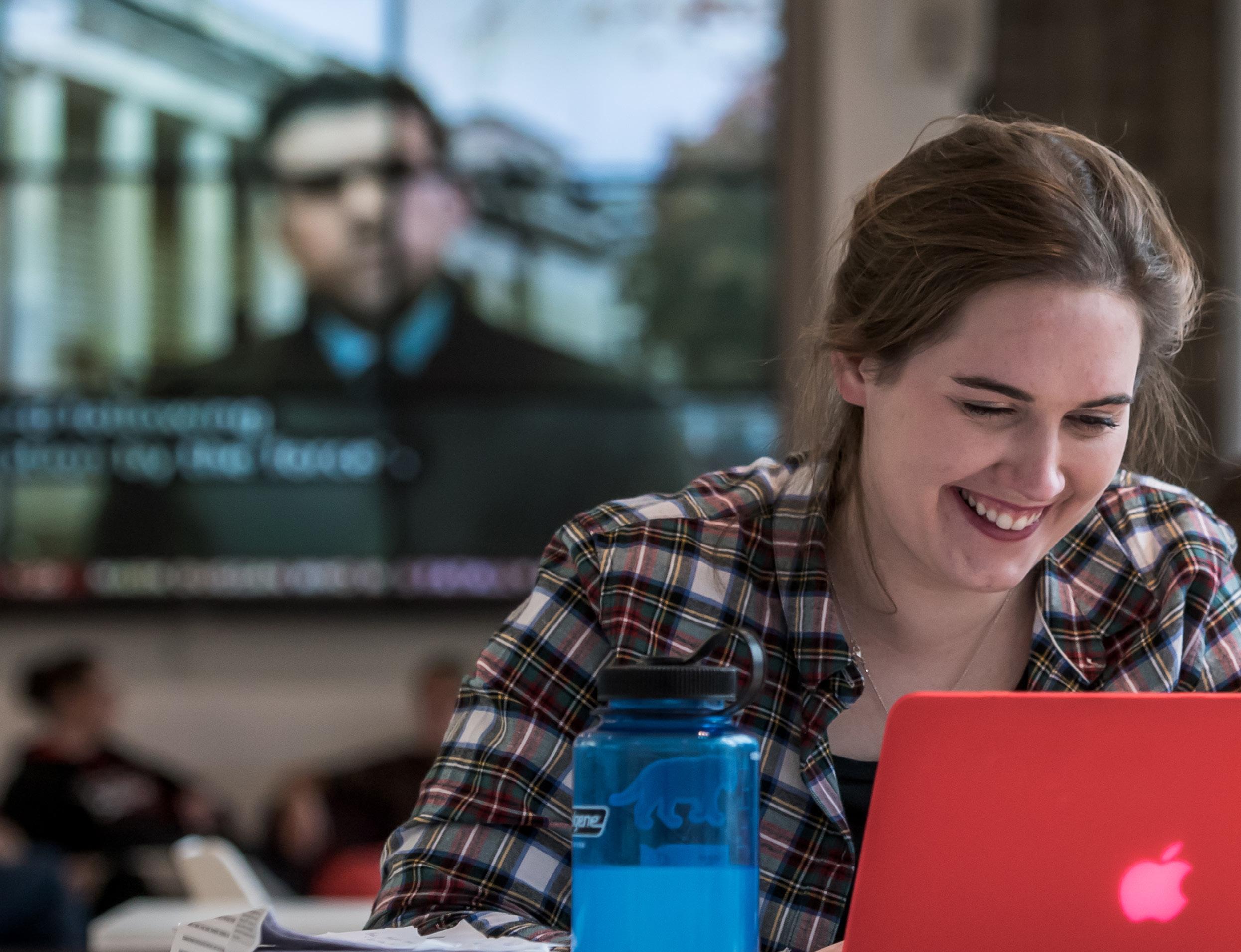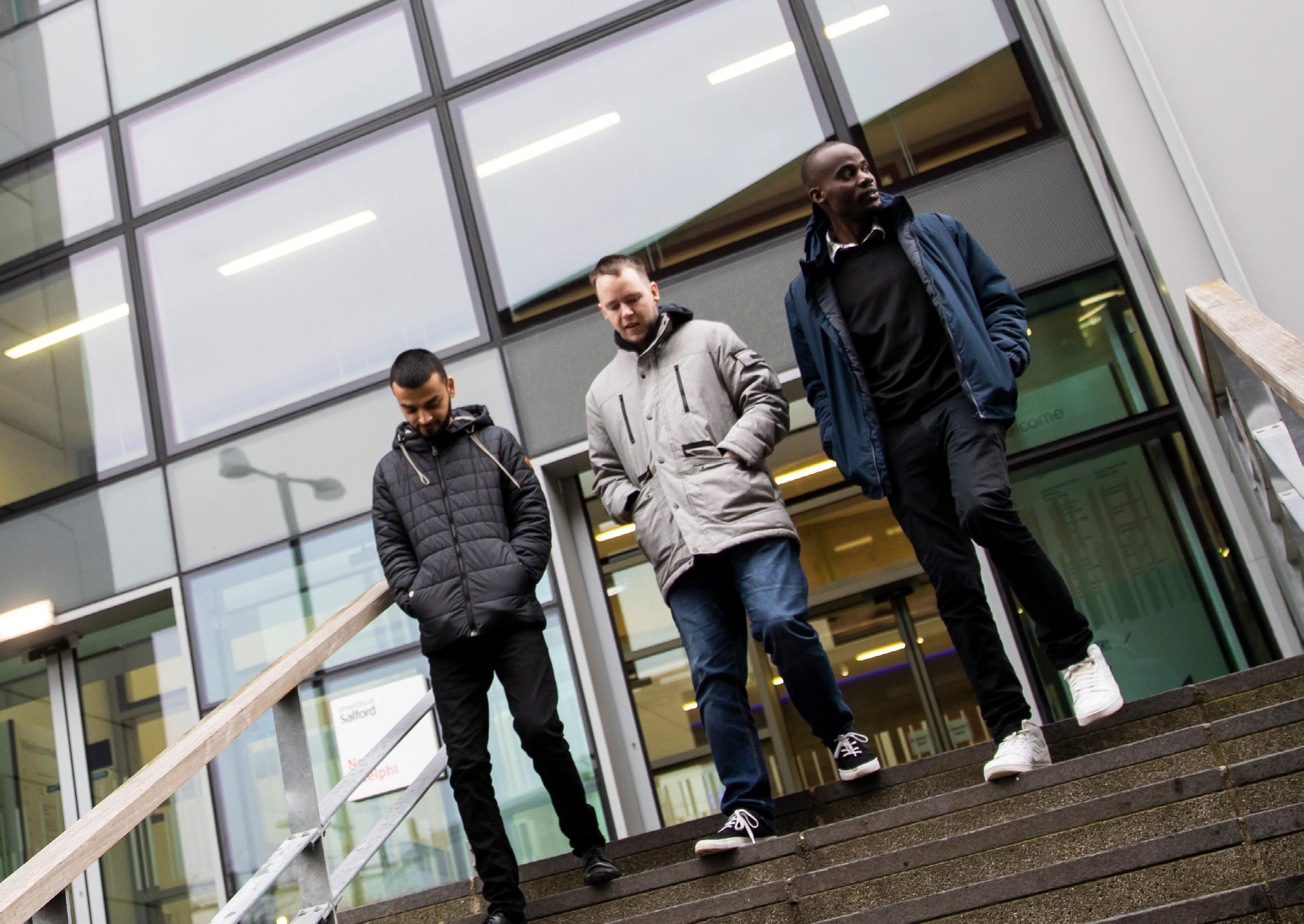
3 minute read
FOREWORD
From its inception as a royal institute in 1896, through the period as College of Advanced Technology during the post-war period, to its university charter status in 1967, the University of Salford has always been a place where original research is combined with applications for industry. Today this is embodied in our strategic commitment to industry collaboration.
Whilst the industrial sectors we serve today are transformed from those of the late nineteenth century, the need for greater innovation across the private, public, and social sectors remain. At Salford we recognise that innovation involves the creation of new knowledge through fundamental research and the conversion of this into intellectual property, spinouts, applied research, knowledge exchange and technology transfer, industrial PhDs, and consultancy to facilitate its adoption by industrial partners. But to be truly transformative for the wider economy this needs to be diffused and embedded within organisations via Continuing Professional Development (CPD), higher technical skills development, student placements, and apprenticeships. We see these things as an innovation continuum in which new knowledge is created and applied to provide solutions to real world challenges, whilst informing our learning and teaching curriculum. It is this holistic and integrated approach that is Salford’s unique contribution to the nation’s research and development challenges.
The University of Salford’s commitment to equality, diversity, and inclusion (EDI) underpins our innovation strategy. We believe that EDI brings innovation through incorporating multiple perspectives. As a hive for innovation, we recognise that EDI is one of our critical tools to success.
As an open and engaging institute, we embrace the need to build relationships that enable our academics and technicians, and employees from industrial and other partners to collaborate, develop and deliver new forms of knowledge and innovation. These networks are crucial to transforming the UK economic performance and embracing the opportunities presented by the emerging technologies and inventions of today and tomorrow. Over the next 5-10 years our partnerships will be strengthened, and our networks grown through the substantial investment in the Innovation District and more broadly through the Crescent Masterplan.
We are proud of our city and community, and we are committed to helping organisations across Salford, Greater Manchester, the North West, and the UK, improve their performance and prepare for the future. Often this will be through strategic connections and direct transfer of know-how, but we accept that knowledge creation knows no boundaries and to best serve our city-region and the North West we need to be embedded in research and enterprise networks with throughout the UK and across the world. This helps us develop both new knowledge and new opportunities. The most successful innovative nations combine intense local activity with extensive international collaboration, and we embrace this way of working at Salford.
Across the university there is research and enterprise of the highest quality that is rightly held in high global esteem. We are committed to enhancing our centres of excellence today, whilst we develop our future leading areas of tomorrow. This involves investing in both our people and our facilities to enable them to excel and deliver on our commitment to be an innovation focused university.
Some of the technologies of the future are already with us, not least robotics, digital and smart living. These enabling technologies will both develop new types of businesses and disciplines, whilst transforming existing organisations and areas of research and methodologies. At Salford we will continue to explore how these, and other technologies and approaches help us address the global challenges of productivity, healthy living, sustainable environments, and creative and resilient communities.
This strategy outlines our focus for the next five years as we help the City of Salford, Greater Manchester, the North West, and the UK emerge from the pandemic. We will play our part in building a better, more innovative Britain, generating opportunities, and driving prosperity for all.

Professor Karl Dayson
Pro Vice-Chancellor, Research and Enterprise





